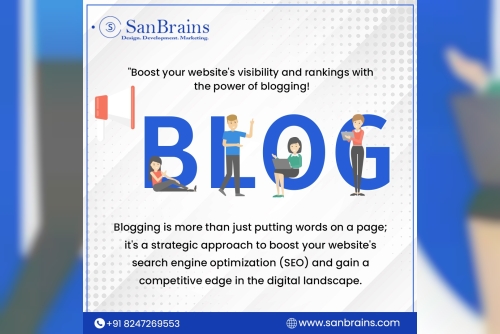The pandemic has raised everyone’s stress level, and unethical parties are taking advantage. Individuals with disabilities and their caregivers should be on the lookout for fraudulent claims and discuss what to do in response to suspicious communications. Here’s a partial list of the ever-multiplying Covid-19 scams designed to make money at your expense.
Government Communications Scams
Healthcare Claims
Undelivered products and services
Non-existent charities
Unemployment Claims
Investments
Grandparent scams
In general, do not share personal information until you have confirmed that the requesting party is whom they state. Do not click on links from someone you do not know. Do not click on links from someone you know without contacting that person to confirm they sent you a link. Covid-19 scams often urge immediate action, which you should resist and recognize is a red flag for a possible scam.
Please do your part to stop the spread of fraudulent activity and potentially reverse any financial losses you’ve suffered by reporting incidents to one or more of the following:
State Consumer Protection Office. You can find yours here: https://www.usa.gov/state-consumer
National Center for Disaster Fraud Hotline
Federal Trade Commission at reportfraud.ftc.gov
For additional information on COVID-19 scams, visit ftc.gov/coronavirus.











